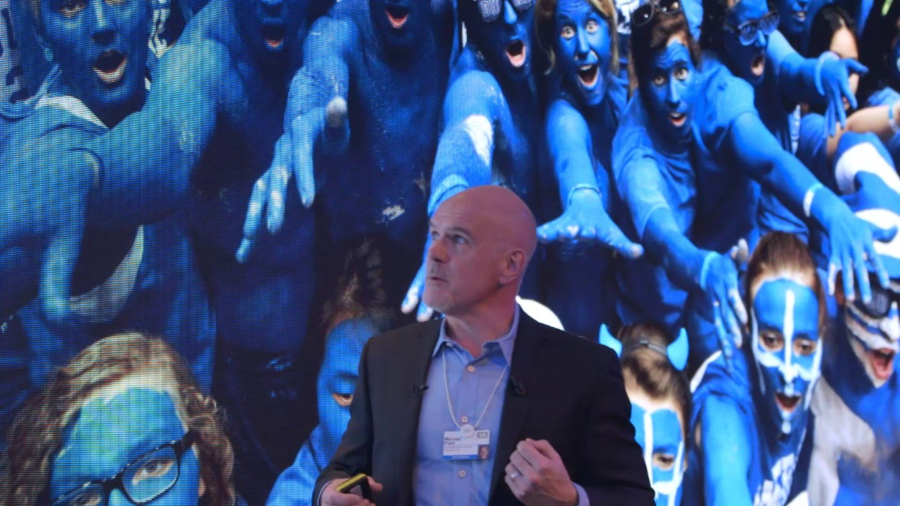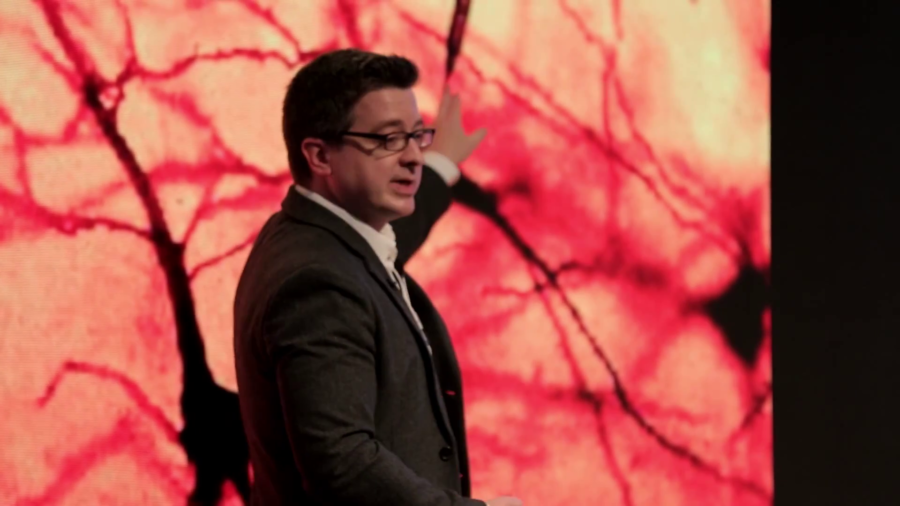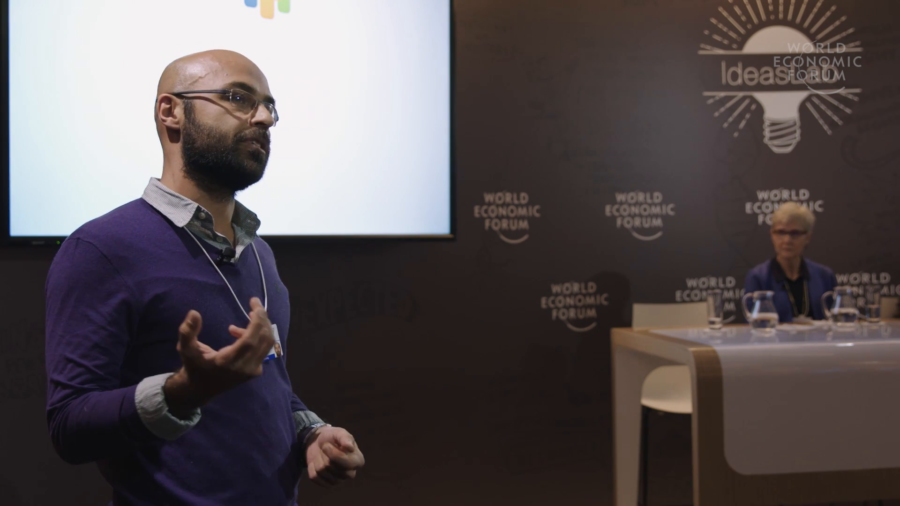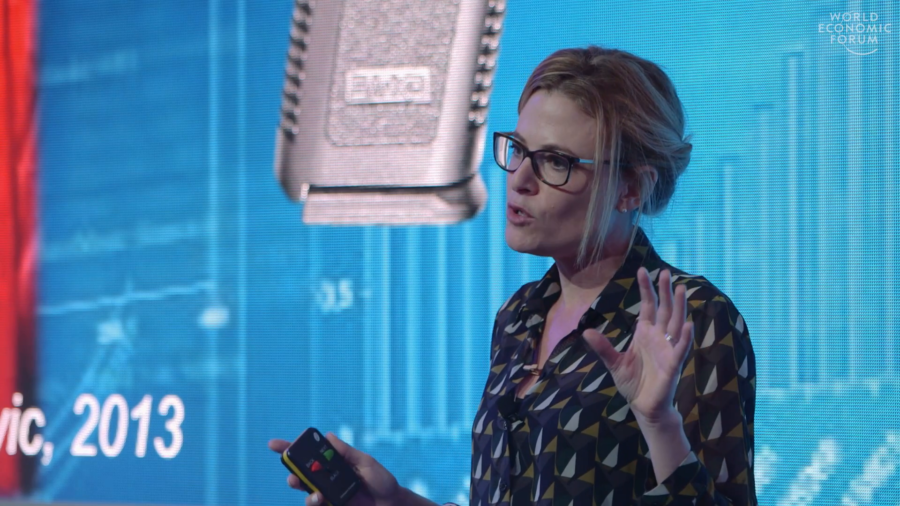We as a society have to decide whether or not the ability to access and change our brains is something that we want, that we’re going to embrace, or something that we’re going to put limits on.
Archive (Page 1 of 2)

It’s wonderful to be here in Davos sharing our commitment to improving the state of the world. And the recipe is really I think quite simple. All you’ve got to do is grow the economy, increase participation in that economy, within a rapidly-changing world, with increasing automation and technology, on a planet that’s straining to meet our resource needs. Piece of cake, right?

The goal of MICrONS is threefold. One is they asked us to go and measure the activity in a living brain while an animal actually learns to do something, and watch how that activity changes. Two, to take that brain out and map exhaustively the “wiring diagram” of every neuron connecting to every other neuron in that animal’s brain in the particular region. And then third, to use those two pieces of information to build better machine learning. So let it never be said that IARPA is unambitious.

The thing that makes us unique is our complexity. But not complexity in some generic sense. Nature is rife with complexity. What makes us special is the complexity of our brains.
If you were to ask me what the crisis in the present is, as an evolutionary biologist I have to go back millions of years and try to connect all the dots, going back to man as a single-celled organism to present time, and saying what is it that is causing modern consternation? More importantly, is there a pattern? Has this happened before? Were there some ordinary people like you and I, shopkeepers in Rome, who were standing around and saying, “You know, our leaders don’t seem to be on top of our problems. They seem to be getting worse one generation after another.”

In the course of Donald Trump’s rise to power, people have repeatedly been asking, “Why did he tweet that? What was he thinking about?” Our fascination with his mental states highlights a very important question for us: What happens in our minds and brains when we try to influence others?

Why do you spend precious moments every day sharing information? There’s probably many reasons, but it appears that the opportunity to impart your knowledge onto others is internally rewarding.

We can train computers to learn to recognize objects by giving them millions of examples with the correct answers. A human baby, on the other hand, learns to recognize many concepts and objects all by themself simply by interacting with a few examples in the real world.

To understand human nature, I focus on human language and what it can reveal about how we think. Unlike other animals, humans can communicate an infinite number of thoughts through language. And one reason that language is powerful is because we can use each of our words flexibly, with several different meanings.


